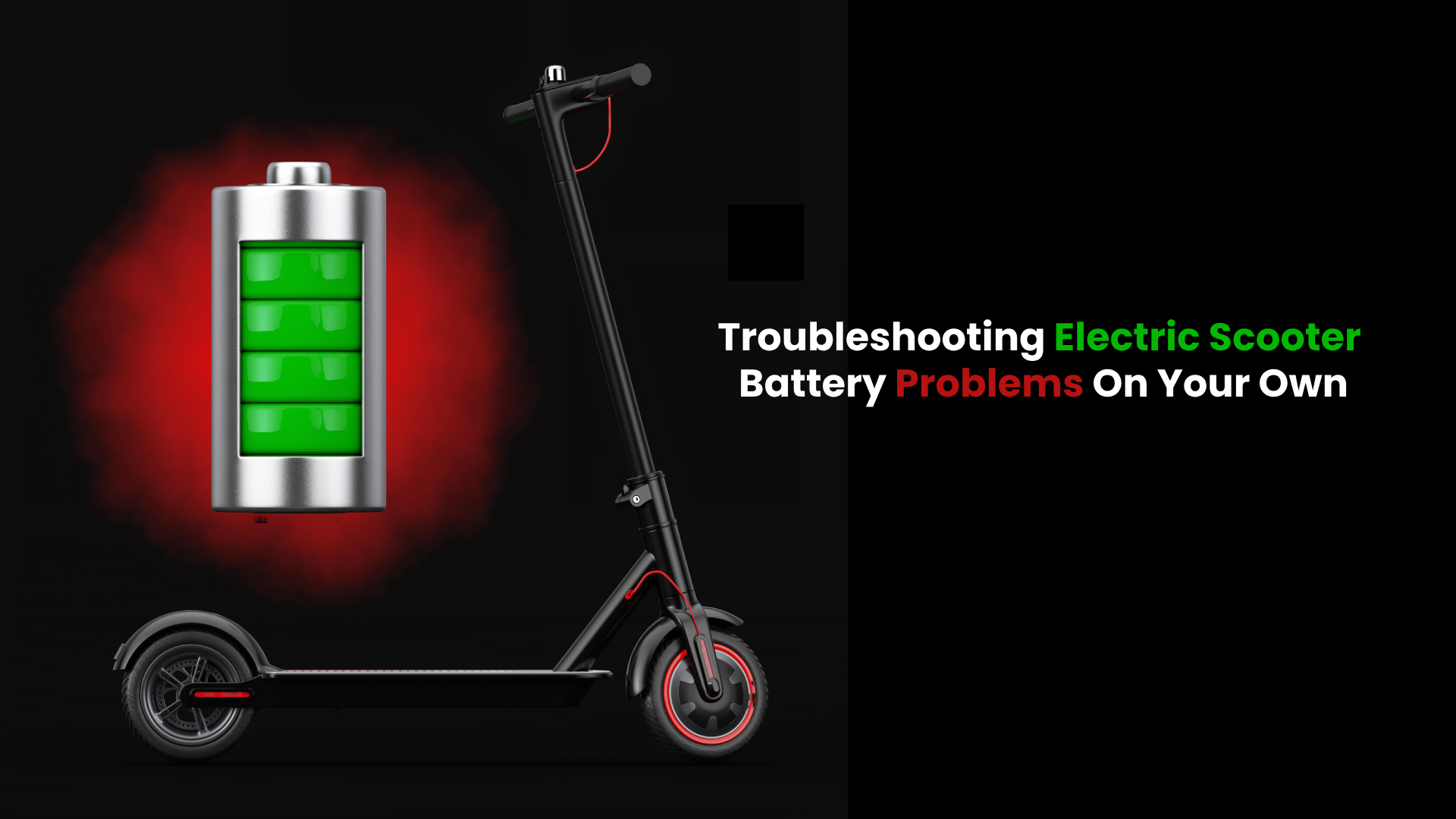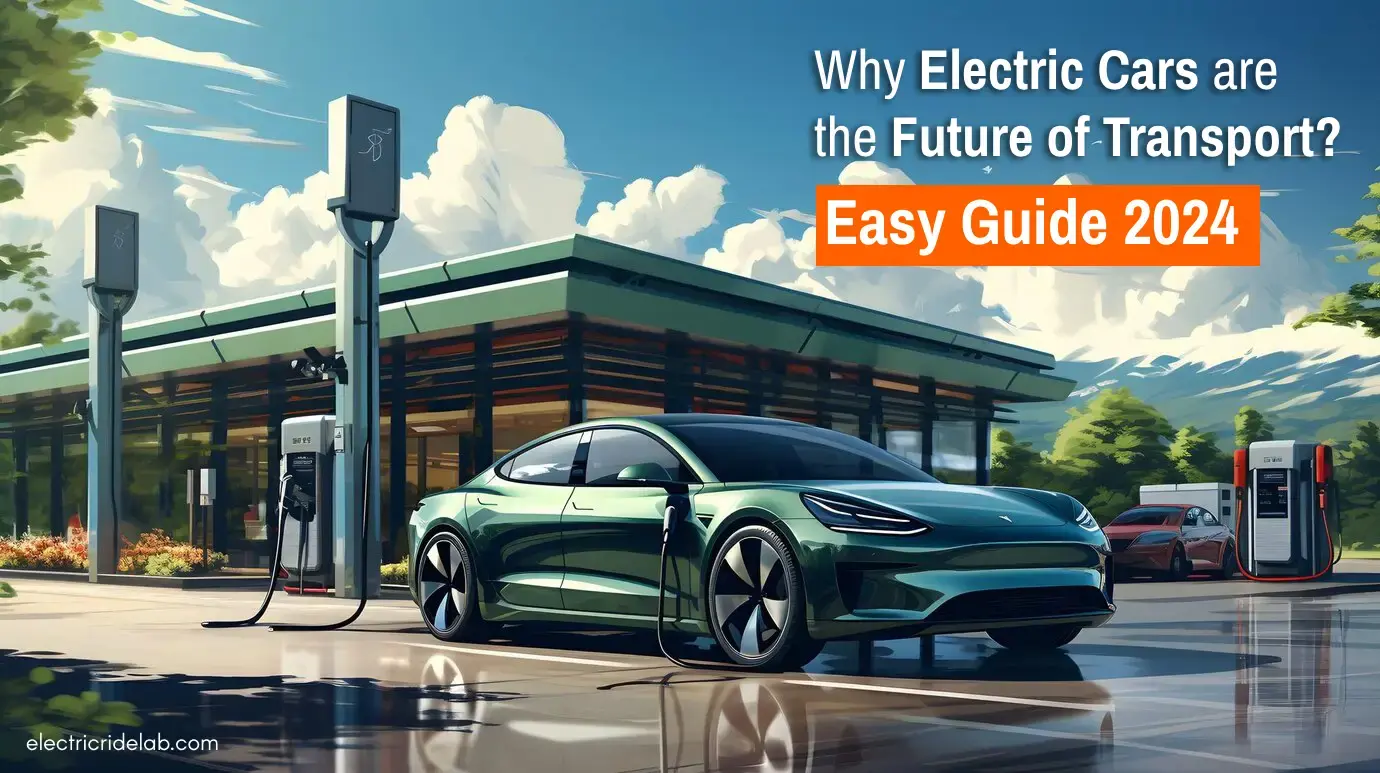When Will Electric Cars Take Over, when replace conventional ones? There has already been a great deal of talk about EVs, but they seem far away from being mainstream. Do you see them taking off soon?
From what we know, the electric car market is growing rapidly and it’s expected to reach $1.33 trillion by 2030.

Worldwide electric vehicle market capitalization 2035 | Statista
It’s not going to be an overnight thing. The first generation of electric vehicles are still very expensive compared to their internal combustion engine counterparts. But as battery technology improves, prices should continue to come down.
It’s only a matter of time before electric vehicles become mainstream. They offer many advantages over conventional vehicles, from lower maintenance costs to zero tailpipe emissions. In addition, they can be charged quickly using renewable energy, making them ideal for urban environments.
As they become more affordable and widespread, electric vehicles will eventually become the norm. This article examines how this might happen.
Also Related:
When Will Electric Cars Be Affordable
Electric Vehicles: Where Are We Headed?
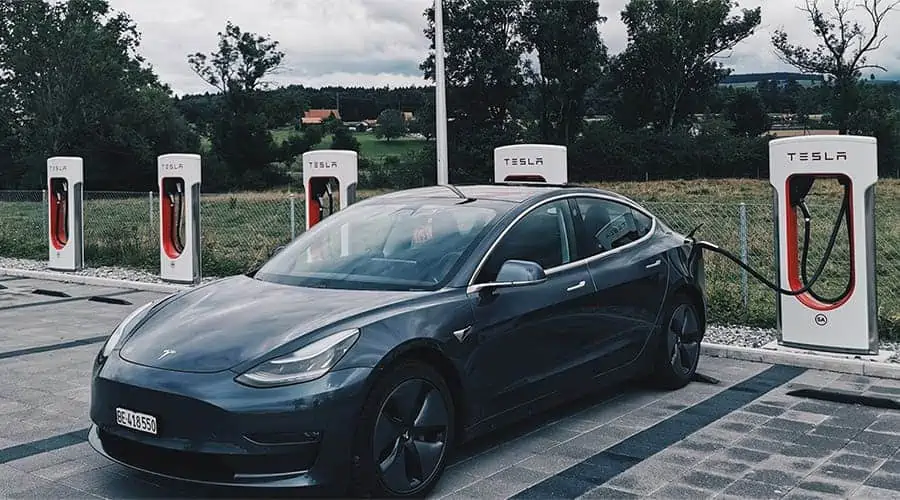
Photo Credited by tesla
The global automotive industry is in the midst of a major transition. For decades, we’ve relied on fossil fuels to power our automobiles. But that’s changing – electric vehicles (EV) are becoming increasingly popular. And if trends continue, EV sales could account for nearly half of all new vehicle sales within the next decade.
The rise of EVs is largely due to two factors: rising oil prices and government regulations. Oil-powered vehicles use lots of fuel, which increases your gas bill. Electric vehicles don’t need gasoline or diesel, so they’re much cheaper to operate.
But the biggest reason people buy EVs is because governments have mandated that automakers must make certain numbers of EVs available to consumers. These mandates are designed to reduce greenhouse gas emissions and combat climate change.
In Europe, where most EVs are sold, there are currently some 400 different models available. In the U.S., however, the number of EVs on the road is relatively small. So far, just 1% of all new vehicles sold here are electric. That’s why the majority of EVs sold today are made in China.
Despite these hurdles, the electric car market continues to grow at a rapid pace. According to Bloomberg New Energy Finance, global electric vehicle sales grew by almost 50% last year alone. By 2030, BNEF predicts more than 20 million EV sales worldwide.
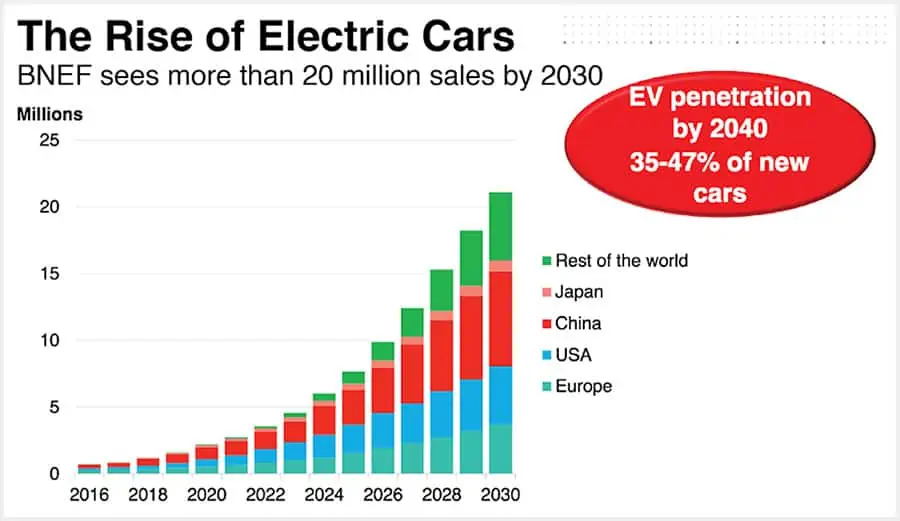
Copper Weekly: The Electric Vehicles Are Coming | Seeking Alpha
Batteries are getting better and cheaper. As a result, batteries are now smaller and lighter than ever before. A few years ago, lithium ion batteries weighed around 100 pounds each. Today, they weigh less than 10 pounds.
That means you can fit more batteries into a vehicle, allowing manufacturers to build larger and longer range vehicles.
But batteries aren’t perfect. Even with improvements, they’re still limited in terms of capacity. At present, batteries can store about 300 watt hours per kilogram. That’s enough to provide a range of up to 30 miles.
So while EVs may soon outsell traditional vehicles, they won’t completely replace them. There are still plenty of reasons to own a conventional vehicle.
For one thing, it’s easier to charge an EV when you’re not traveling very far. You can plug your EV directly into a wall socket, whereas you’d need to find somewhere to recharge a battery pack in a conventional vehicle.
Also Related:
Why Is Public Transportation So Bad in the US
Another advantage of EVs is their low maintenance costs. They require little lubrication, and no regular tune ups. The only time you’ll need to service an EV is when it needs a replacement part.
And finally, EVs are quieter and emit fewer pollutants than combustion engines.
Still, EVs offer many advantages over traditional vehicles. If you live in an area where electricity rates are low, then owning an EV makes sense. Otherwise, you might want to wait until the price comes down further.
There are also other benefits to buying an EV. For example, if you do decide to purchase an EV, you’ll be helping the environment. Not only does this technology help fight climate change, but it also reduces our dependence on foreign oil.
The next big hurdle for the industry is convincing consumers that EVs are safe. This is especially true in light of recent recalls.
However, the safety concerns are largely unfounded. After all, we’ve been using internal combustion engines for decades without any major problems. And unlike a gasoline engine, an electric motor produces no carbon monoxide or nitrogen oxide emissions.
In fact, according to the EPA, electric motors produce 95% fewer toxic pollutants than gasoline engines.
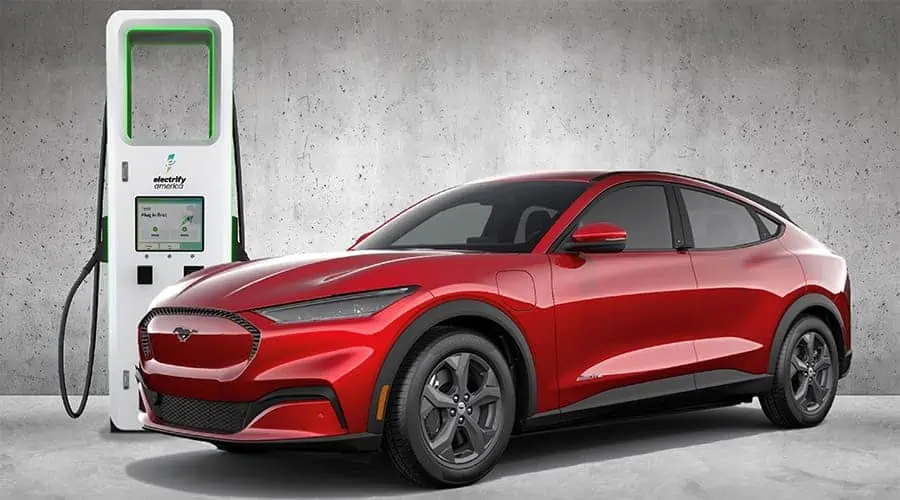
Photo Credited by ford
If anything, EVs are safer than conventional vehicles. In addition to being much cleaner, EVs have lower crash ratings.
Of course, there are some drawbacks to EVs. One of the biggest disadvantages is cost. While prices have come way down since the early 2000s, they’re still quite expensive compared to conventional vehicles.
As a result, most people who buy EVs are wealthy individuals. But even so, the market is growing quickly.
This is good news for the environment. With the growth of EVs, we should see a reduction in petroleum consumption.
Also Related:
How Much More Efficient Are Electric Cars?
When Will Electric Cars Take Over, Will they Replace Gas Cars
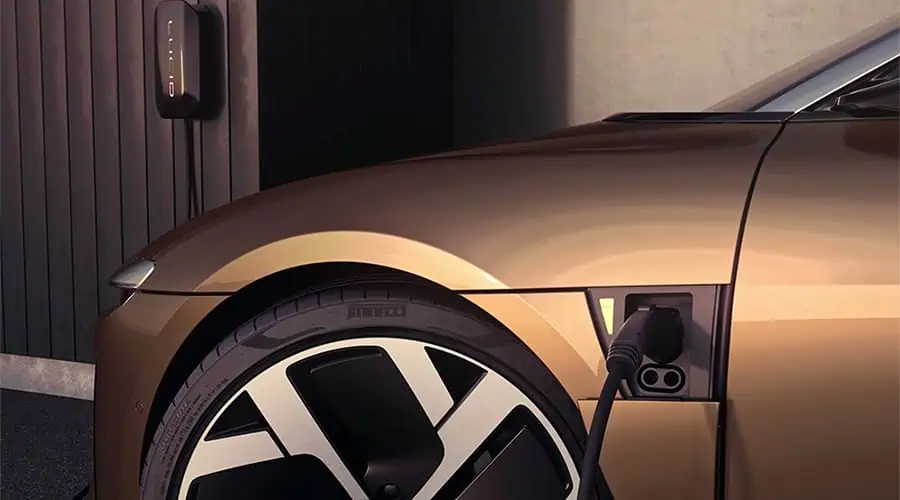
Photo Credited by lucidmotors
It depends on whom you ask. Both Elon Musk, CEO of Tesla, and Bill Gates support the idea of a future dominated by EVs.
According to a 2015 report from Bloomberg New Energy Finance, “the transition towards zero-emissions transport will happen relatively rapidly.”
With recent advances in batteries, fuel cells and hydrogen production, as well as significant decreases in price, EVs could eventually dominate the world of transportation.
But let’s put things in perspective. Currently, only 1.5% of new car sales are EVs. So while the popularity of these cars is increasing, it’s nowhere near dominating markets.
So what about fossil fuels? Even though the number of EVs continues to rise, the total number of cars sold worldwide remains steady. As long as there are drivers willing to buy gas guzzlers, gas cars will remain popular.
And if EVs ever replace gas cars, it will be because battery tech develops to be more powerful and cheaper. But until that happens, EVs are just one small part of the automotive sector. They certainly aren’t going to replace everything else anytime soon.
How Soon Will Electric Cars Take Over?
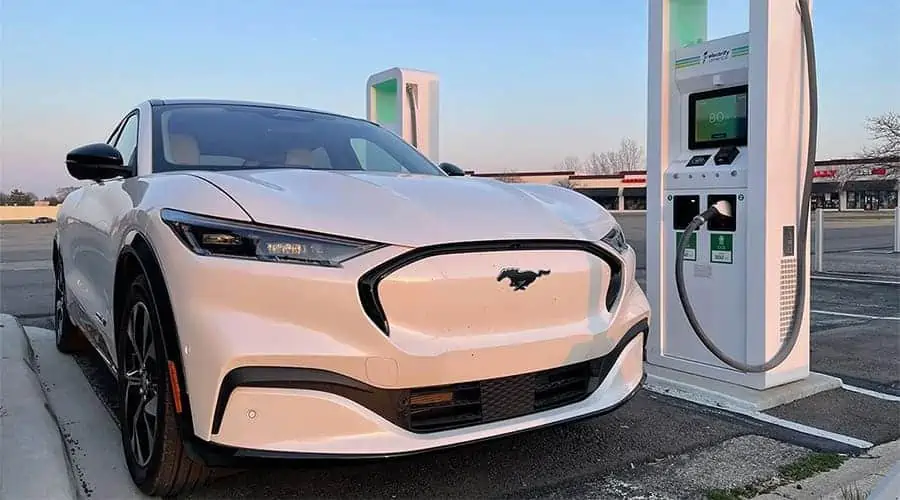
Photo Credited by ford
For those looking for an easy answer, there isn’t one. It really depends on how far society wants to go with renewable energy and sustainability. And I think we’re not there yet.
On one hand, it would be great if everyone used an electric vehicle instead of a traditional gasoline powered vehicle. However, such a thing is unrealistic. If there was 100% electrification, then there wouldn’t be enough power generation capacity to meet demand.
Instead, we need to make small changes incrementally in order to get closer to having electric cars everywhere. These incremental steps will pave the way for bigger changes later on.
These steps include:
- Increasing the efficiency of gasoline engines.
- Converting existing hybrids into full electric versions.
- Advancing battery technology.
- Developing more efficient charging stations.
- Encouraging use of public charging sites.
- Converting existing diesel powered trucks into hybrid or fully electric vehicles.
- Making EVs mainstream through incentives and financial assistance.
The more steps we take, the faster we can reach our goal of completely eliminating gasoline powered vehicles.
Also Related:
Cars Self-Driving and Where It Can Work? Electric Ride Lab Opinion Featured on Lifewire
Electric Car Future Predictions
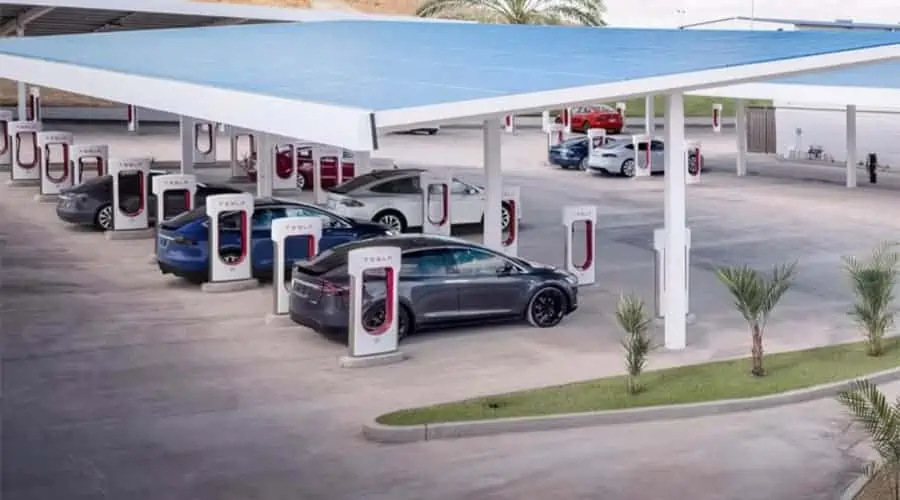
Photo Credited by tesla
If electric cars become common place, then they won’t just change the way we travel—they’ll also transform the infrastructure around us. From roads to bridges, parking lots to garages, factories to ports, homes to offices, buildings to malls, parking spaces to parking lots. We’re changing the entire landscape of cities forever!
Of course, all this comes at a cost. Electric vehicles might require a few extra dollars in repairs and maintenance costs.
But overall, the investment will pay off significantly when it comes to environmental benefits, reduced oil consumption, lower electricity bills, improved air quality, and even extended driving ranges.
In addition to that, the adoption rate of EVs is growing quickly. In 2017, almost 20% of newly purchased car models were all-electric or plug-in hybrid cars. This share has grown steadily each year since 2013 (see graph below).
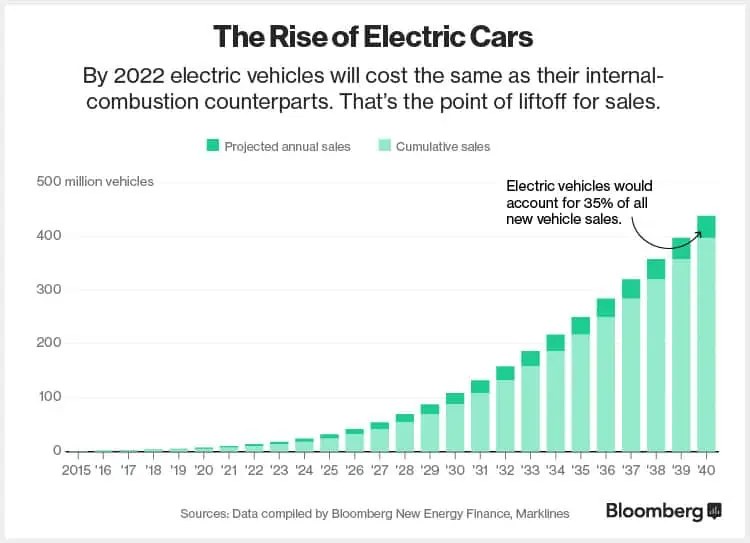
Here’s How Electric Cars Will Cause the Next Oil Crisis (bloomberg.com)
However, this still represents less than 2% of global gross domestic product (GDP). Of course, the reason why most people don’t own electric vehicles now is largely due to their high prices. But as electric car pricing continues to fall, so too does the barrier to entry. Prices have already declined by several hundred dollars over the past couple years alone. Some manufacturers are even offering financing options when buying new EVs.
Also Related:
What is the Best Home Charger for a Tesla? Buying Guide
What Should We Do Until Electric Cars Take Over?
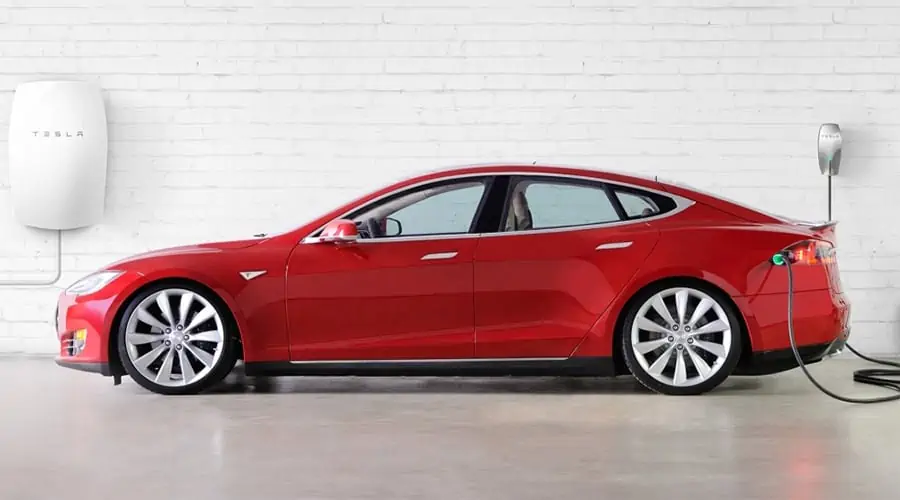
Photo Credited by tesla
All this talk of “when” makes me wonder what we do now? When will electric cars become the norm?
I believe that change takes time. The same can be said about any major technological transition. It’s not going to happen overnight.
So, how long should we wait before investing in EV technologies? How many decades should we wait until we see widespread adoption?
Well, I think the answer depends on your personal situation. For example, if you live in a city with good public transportation, then maybe you shouldn’t invest in EV technologies right away.
However, if you live in rural areas without access to mass transit, then I’d say you should start thinking about getting an EV sooner rather than later.
Conclusion
In the future, we’ll likely see more electric vehicles on the road. Many car manufacturers are working toward releasing fully functional hybrid and electric cars. With these new cars, we could see a shift away from gas-powered cars. Eventually, we might even see cars completely powered by electricity.
How soon will that happen? Well, it’s impossible to predict exactly when this transition will occur. However, I’m confident that it will eventually happen.


